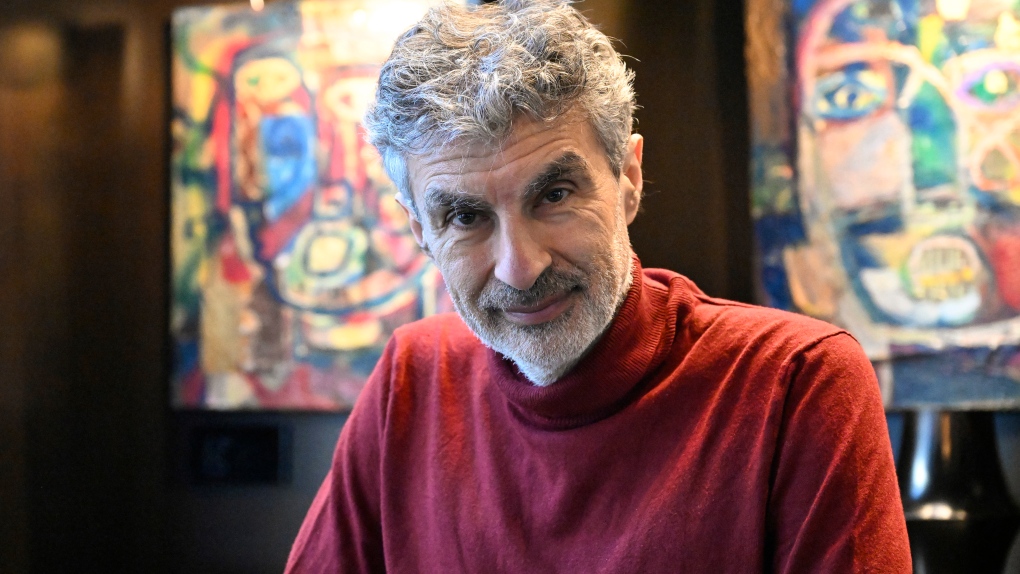A major international report on artificial intelligence safety says experts disagree about the risks posed by the technology and it is unclear whether AI will help or harm humans.
The report, chaired by Canada's Yoshua Bengio, concludes that “the future trajectory of general-purpose AI is highly uncertain.”
“A wide range of trajectories are possible in the near future, including both very good and very bad outcomes,” it said.
The report was commissioned by the AI Safety Summit, the first global conference on artificial intelligence hosted by the UK last year.
Britain tapped Bengio, who has been dubbed the “godfather” of AI and is scientific director of the Quebec AI institute Mila, to chair the report, which is released ahead of a new global summit on AI in Seoul, South Korea, next week.
“We know that advanced AI is developing rapidly and that there is considerable uncertainty about how these advanced AI systems will affect how we live and work in the future,” Benzio wrote in the report.
In a press release on Friday, the UK government said the report was the “first independent international scientific report” on AI safety and would “play a key role” in informing discussions taking place in South Korea next week.
The report was compiled by a group of 75 experts, including a committee appointed by 30 countries, the European Union and the United Nations. The preliminary version of the report released on Friday is expected to be finalized by the end of the year.
It focuses on general-purpose AI systems such as OpenAI's ChatGPT, which can generate text, images and videos based on prompts.
The report said experts “continue to disagree on a variety of questions, big and small, about the capabilities, risks, and risk mitigation of general-purpose AI.”
One area of discussion is the possibility of “large-scale labor market impacts, risks from AI-enabled hacking or biological attacks, and society losing control over general-purpose AI.”
The report outlines several risks, including the harm that AI can cause through fake content, disinformation, fraud and cyberattacks. It also points to the risks that AI bias can pose, particularly in “high-risk areas such as healthcare, recruitment and financial lending.”
One possible scenario is that humans lose control over artificial intelligence and are unable to control the technology, even if it could cause harm.
According to the report, there is consensus that current general-purpose technologies do not pose such risks, but some experts believe that ongoing efforts toward developing autonomous AI that can “act, plan, and pursue goals” could lead to such an outcome.
“Experts disagree about how likely a loss-of-control scenario would be, when it would occur, and how difficult it would be to mitigate,” the report said.
This report by The Canadian Press was first published May 18, 2024.


